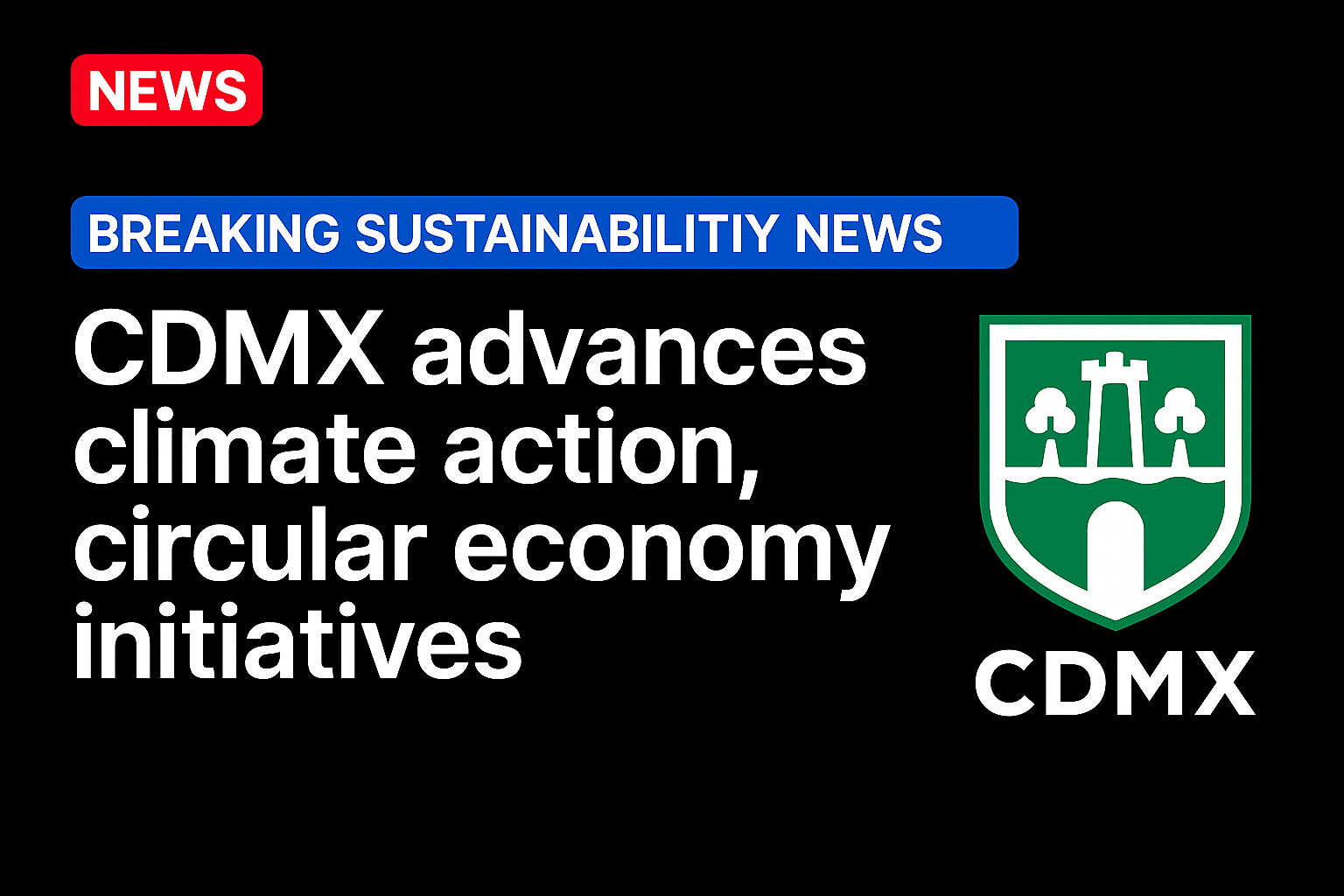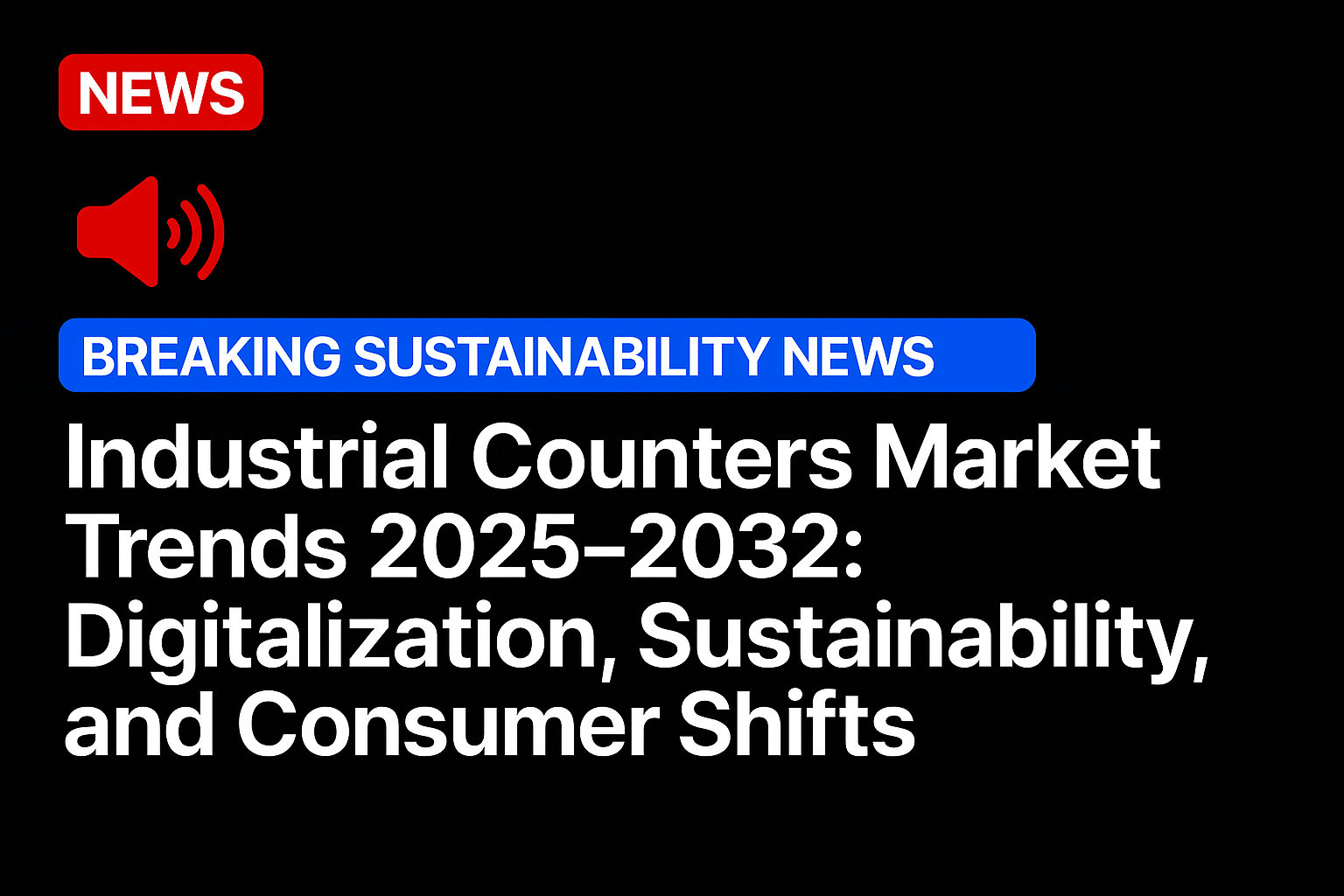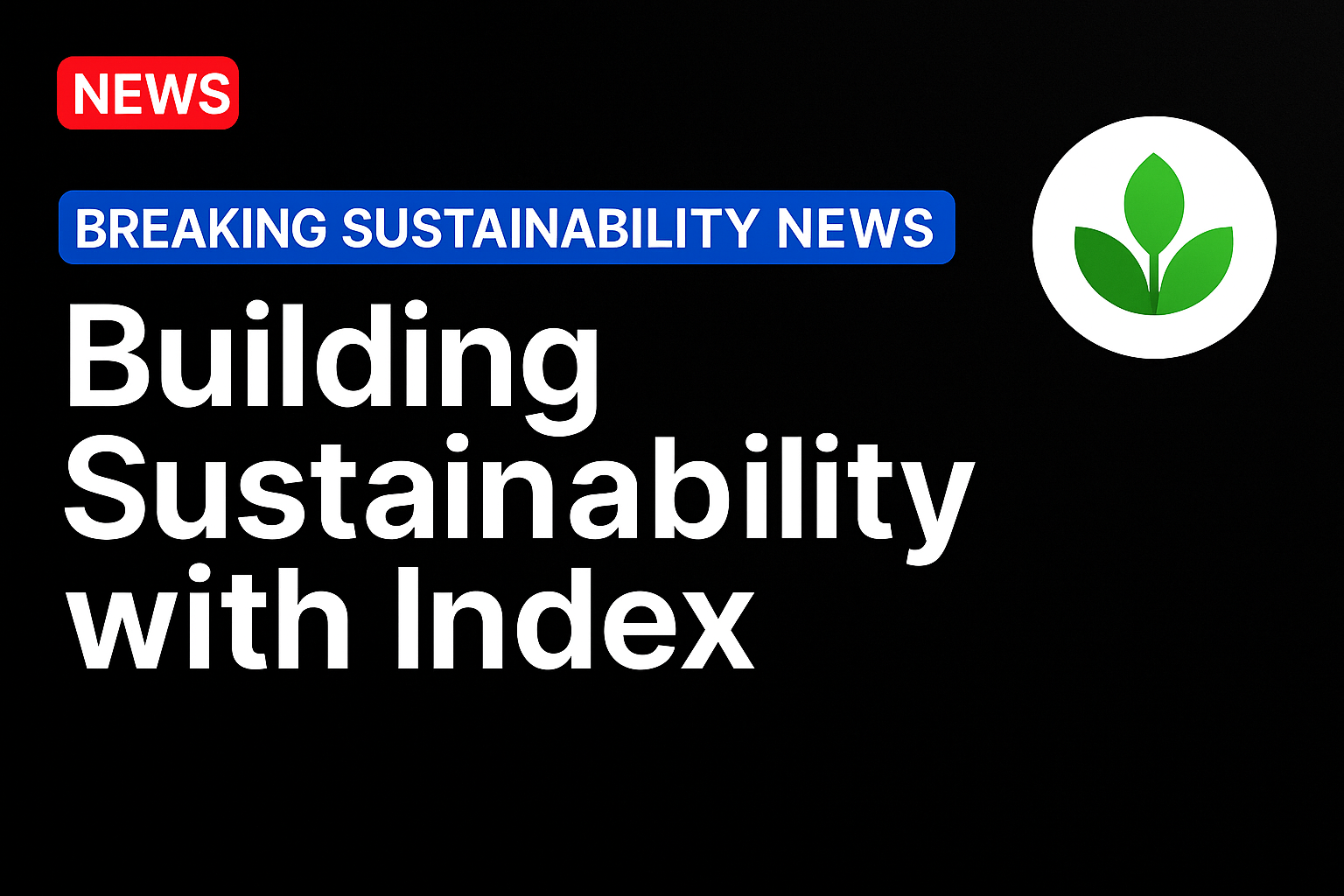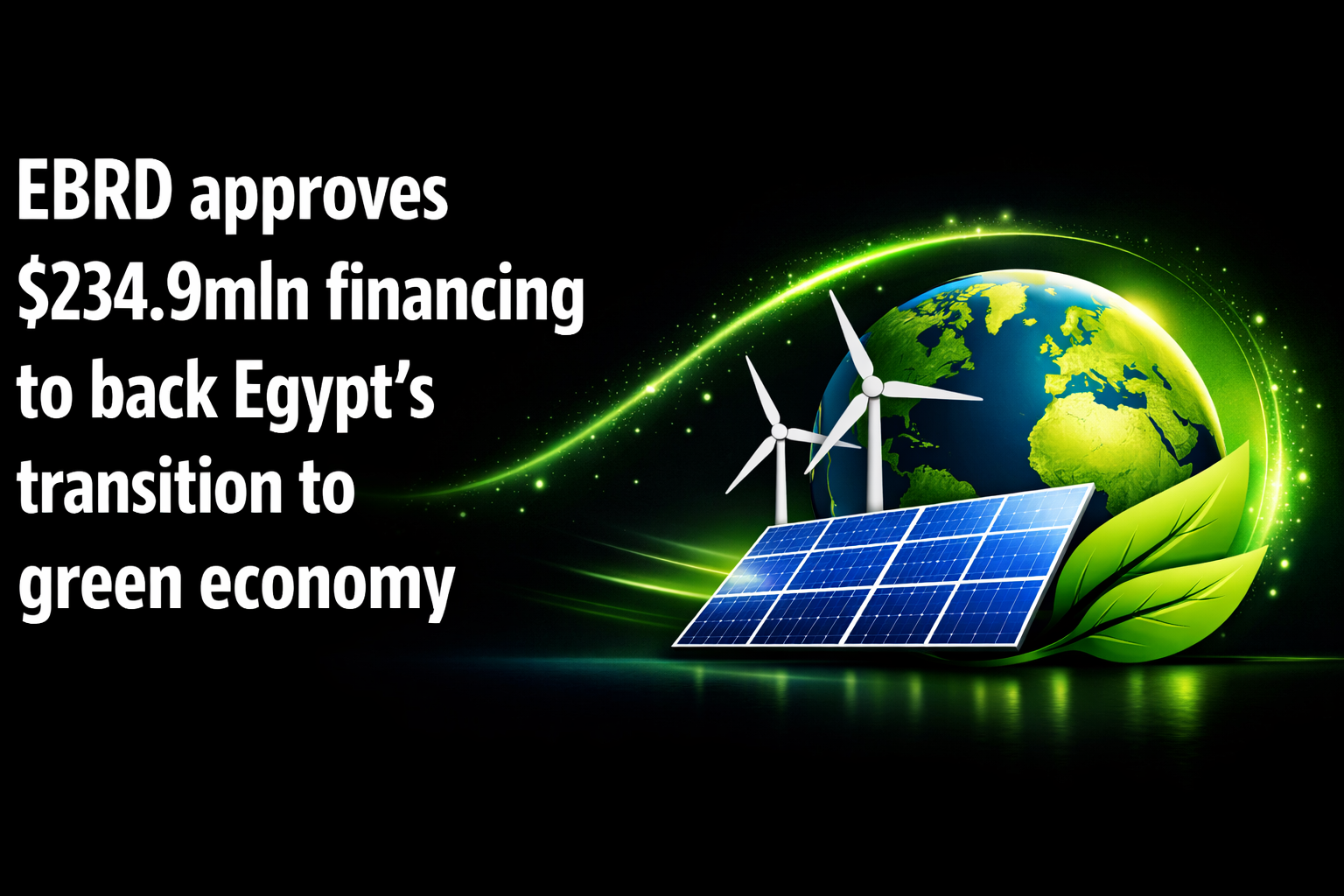During her first government report before the Mexico City Congress, Mayor Clara Brugada reaffirmed the capital’s commitment to environmental and climate justice, highlighting initiatives to protect conservation land, manage water sustainably, and advance a circular economy.
The Mexico City government, through the Ministry of Environment (SEDEMA), is implementing a comprehensive climate action plan aimed at reducing greenhouse gas emissions by 35%. The plan allocates 10% of reductions to initiatives in partnership with the private sector and 25% to government-led actions, including sustainable mobility, waste management, water reuse, and green energy generation.
Brugada noted that over MX$1 billion (US$54.05 million) have been invested in the Altepetl program, which protects conservation land and benefits producers of corn, nopal, vegetables, honey, and flowers. The program has restored 4.5 million m2 of green land encroached by urban development, with a goal of reclaiming an additional 100,000m2 per week.
The government has also declared Mexico City free of genetically modified corn and recognized the biocultural heritage of the agricultural terraces in Xochimilco, Tlahuac, Milpa Alta, and Tlapacoya, in coordination with SEDEMA and local communities.
This year, ecotechnologies will be installed in homes, including rainwater harvesting systems, solar water heaters, and urban gardens, developed jointly by SEDEMA and the Ministry of Housing.
Urban revegetation and reforestation programs continue, with a goal of planting trees, shrubs, and plants across the city. Forty percent of the 1,400ha across 26 designated environmental areas have been rehabilitated. Illegal logging was stopped in the San Miguel Topilejo forest in Tlalpan, and 20,000 trees have been treated for pests. Additionally, 1,500 diseased palm trees are being replaced under the Integral Palm Care Program.
In waste management, the government highlighted the establishment of the Governing Body of the Integrated Waste Management Agency (AGIR) and the launch of the Zero Waste strategy, targeting the transformation of 50% of the city’s solid waste. Initiatives include the creation of the first Circular Economy Park at Bordo Poniente, modernization of the composting plant, and construction of two new facilities next year.
Brugada called on citizens and Congress to join the campaign, Transform the City: Every Piece Waste in Its Place, which will mandate waste separation starting Jan. 1, 2026. She emphasized SEDEMA’s and the city government’s commitment to a cleaner, greener, and sustainable city.
Through these measures, the Mexico City government and SEDEMA reinforce their commitment to protecting the territory, promoting social and environmental justice, and improving the well-being of the city’s residents.
Source: https://mexicobusiness.news/




